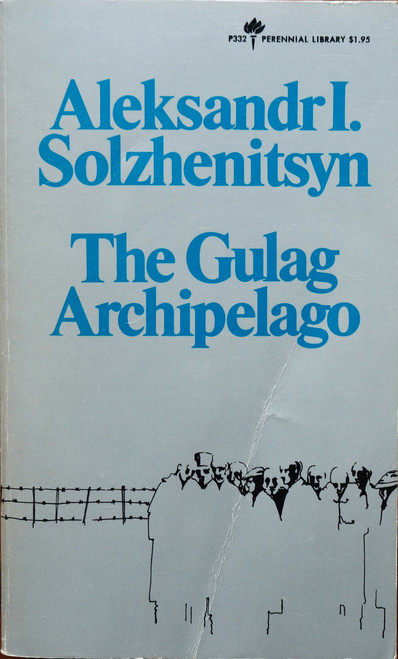Barely two hundred and fifty years ago a man condemned of attempting to assassinate the King of France was drawn and quartered in a grisly spectacle that suggested an unmediated duel between the violence of the criminal and the violence of the state. This groundbreaking book by the most influential philosopher since Sartre compels us to reevaluate our assumptions about all the ensuing reforms in the penal institutions of the West. For as he examines innovations that range from the abolition of torture to the institution of forced labor and the appearance of the modern penitentiary, Michel Foucault suggests that punishment has shifted its locus from the prisoner's body to his soul--and that our very concern with rehabilitation encourages and refines criminal activity.
Lucidly reasoned and deftly marshaling a vast body of research, Discipline and Punish is a genuinely revolutionary book, whose implications extend beyond the prison to the minute power relations of our society.
Translated from the French by Alan Sheridan
Editorial Reviews
"Imaginative, illuminating [and] innovative....Must be reckoned with by humanists, social scientists and political activists." --The New York Times Book Review
"Foucault is quite central t our sense of where we are....[He] is carrying out, in the noblest way, the promiscuous aim of true culture." --The Nation
"[Foucault] has an alert and sensitive mind which can ignore the familiar surfaces of established intellectual codes and ask new questions....[He] gives a dramatic quality to the movement of culture." --New York Review of Books
About the Author
Michel Foucault (1926-1984) was a French philosopher, historian, social theorist, and philologist. One of the leading intellectuals of the twentieth century and the most prominent thinker in postwar France, his work influenced disciplines as diverse as history, sociology, philosophy, sociology, and literary criticism.







